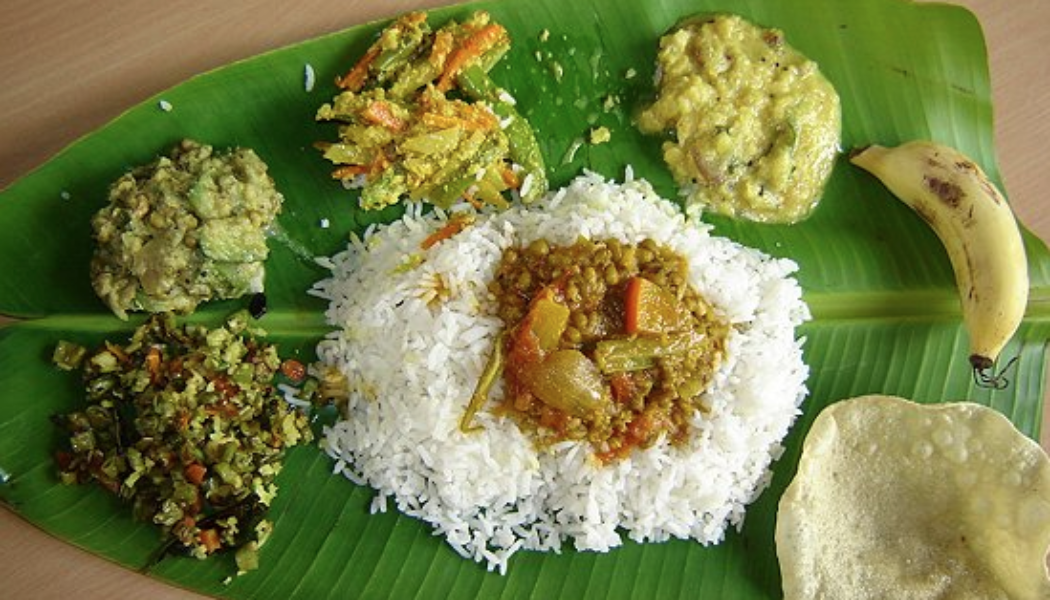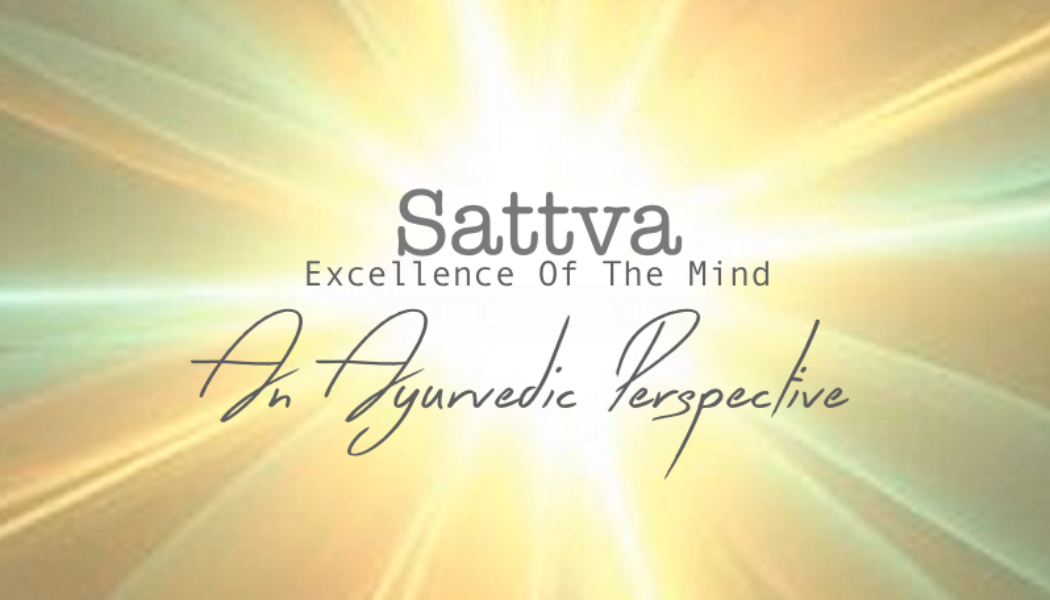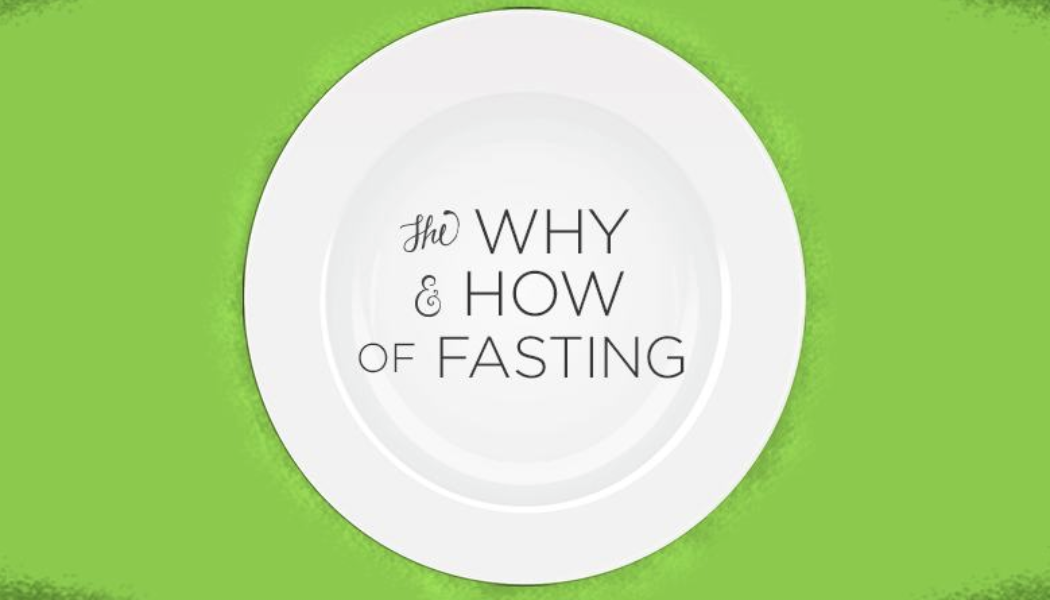Blog
Energy Science ~ An Ayurvedic Perspective
Energy Science ~ An Ayurvedic Perspective Would we think it to be unusual if someone who involved in a severe car accident would walk out of the ICU in a couple of days looking well? In the same way, would we think it unusual that someone with a chronic disease would clear their symptoms in a couple of months? When many of the various energy sciences are used, healing is elicited primarily by correcting the underlying imbalance [of qualities]. Often it takes years, literally, of poor lifestyle choices to cultivate significant imbalances within the body. Energy science is not like taking an antibiotic for a few days and everything is suddenly better. I wish it were that simple, especially, in a world of imbalances. Embracing The Uncertainty Principle Interestingly, anxiety can actually bec...
6 Practical Tips For Managing PMS ~ An Ayurvedic Perspective
Premenstrual syndrome is a common affliction in many women. According to Ayurveda having PMS is not a ‘normal’ occurrence – it usually implies that there is an imbalance in the body. A ‘normal’ menses experience should be without pain and mood swings. However, in today’s society of high pressure and activity it has become inevitable that most women are experiencing all kinds of symptoms. There are some home remedies that can help reduce the symptoms and pain associated with PMS. Some of the recommendations will differ according to the signs and symptoms, but there are some general guidelines one can follow to help prevent and manage some of the discomfort during the cycle. 6 Practical Tips For Managing PMS ~ An Ayurvedic Perspective 1. Following a light diet the week before (and during) yo...
10 Simple Considerations For Optimal Digestion
DIGESTION ~ THE CORNERSTONE OF HEALTH According to ayurveda, digestion is the cornerstone of health. Even further, ayurveda has long recognized the importance of environment to one’s health and goes on to explain that what you see, hear, taste, smell, feel and think are all important for your overall well-being and health. Interestingly, it has been estimated that nearly 6 million people in the U.S. experience indigestion annually. Indigestion, heaviness in the body, retention of flatus and constipation, and/or loose bowel movements are the common signs and symptoms of indigestion [ajirna], as described in the classical texts. Below are simple considerations to help improve one’s digestion, overall health and well-being. 10 Simple Considerations For Optimal Digestion 1. Eat who...
The Gunas [Attributes] ~ An Ayurvedic Perspective
The Gunas [Attributes] ~ An Ayurvedic Perspective In Ayurveda we say each Dravya [Matter] has gunas in it, or characteristics which distinguish it from all others. In Ayurveda we have many gunas, but according to Charaka, 20 are the most important. Every matter does not have to include all 20 gunas, but will have some which define it best. By this we can know how matter will affect the doshas, and of course agni, digestion and even the state of mind. An example in order to make things more simple: Milk is pichchila, snigdha, drava and guru. This means milk is cloudy (not clear), unctuous, liquid and heavy. In accordance to doshas, milk will be harder to digest as it is guru (heavy) but will help peristaltic motion as it is snigdha (oily), and so on. Vagbhat who wrote Ashtanga Hridayam comp...
Prajnaparadha [Crime Against Wisdom] ~ An Ayurvedic Perspective
Prajnaparadha [Crime Against Wisdom] ~ An Ayurvedic Perspective We as humans are wonderful. We may not be perfect and that is perfectly okay. Often we make mistakes regarding the food we eat, the time we sleep, and the endless hours of work in daily life. “Prajnaparadha” [crime against wisdom] is willfully ignoring one’s inner knowing — going against our intuition and common sense. According to ayurveda, prajnaparadha is considered to be the root cause of nearly all diseases. Simple Examples Of Prajnaparadha Any choice we make in life, whether that choice involves work or home life, will inevitably create an impact on our overall health and well-being. When one has eaten enough and is full yet still eats more food because it tastes so good. When one is very tired and should tak...
5 Tips For Healthy Living ~ An Ayurvedic Perspective
“Shariram Satvam cha Aatma Trayam Atat Tridandvat” – Charak Samhita The physical body, mind and soul are the three pillars of the human architecture. The harmony of the body, mind and soul allows for a healthy life while any imbalance can shake the eqilibrium leading to various ailments. Dharma [Purpose], Artha [Wealth], Kama [Desire], and Moksha [Liberation] are the four fruits of human life which can only be achieved and enjoyed by a healthy person. Let’s Discuss 5 Tips For Healthy Living … 1. Avoid Contradictory Food – (Viruddha Ahara) Any diet which aggravates doshas [bodily humors] and is not eliminated properly from the body is considered contradictory food. If the contradictory food is consumed repeatedly it then burdens the digestive fire producing ama [undigested foo...
Mental Health ~ An Ayurvedic Perspective
MENTAL HEALTH ~ AN AYURVEDIC PERSPECTIVE According to the National Institute of Mental Health [NIH], major depression is one of the most common mental disorders in the United States. Depression affects more than 10 million Americans each year. It is so common in our society that it is estimated that one in 9 people will be diagnosed with it at one point in their life. Digestion and Feelings ~ An Ayurvedic Perspective – “Gut Health” According to Ayurveda, healthy Agni (digestive fire) creates an overall sense of happiness and joy. When the Agni is suppressed, there is grief, sadness and depression. Interestingly, there are a large number of clinical studies correlating “gut health” to overall wellness, including the effects on mood. Even further, it has been estimated th...
An Ayurvedic Perspective ~ Developing A Sattvic Mind
SATTVIC MIND ~ EXCELLENCE OF THE MIND: Individuals having the excellence of mental faculties are characterized by good memory, devotion, gratefulness, wisdom, purity, excessive enthusiasm, skill, courage, valor in fighting, absence of sorrow, proper gait, depth of wisdom and sincerity in actions and virtuous acts. – C.S. Vimanasthana Ch. VIII Sutra. 110 According to ayurveda, a “sattvic” [pure] lifestyle is the best way to develop strength, clarity of the mind, good health and longevity. Sattvic qualities of the mind are considered to be clarity of the mind, understanding, and compassion. Sattvic foods are those foods which nourish the body and calm the mind. When both the body and mind are balanced only then can one truly appreciate joy and happiness. Basic Sattvic Considerations: &...
BALANCE: CONCEPT IN YOGA & AYURVEDA
WHAT IS BALANCE? The word balance brings about a mental image of equilibrium to both the mind and body. It often reflects a middle path in any aspect of life and relates to a feeling of calmness and steadiness. Balance means to come into our center and being able to function from that center, in each moment. It follows naturally that a well balanced person reflects excellence in health. It is thought that every human being (with exceptions) is born with an optimal blue print aligned with universal principles. However, as we continue the process of development, several factors influence us and may take us away from a balanced alignment [i.e. wrong diet, lifestyle, relationships, trauma, abuse, accidents and past karma]. NATURAL TENDENCY TOWARDS BALANCE: We, as human beings, are constantly ...
Panchamaya Koshas ~ The Five Sheaths
Panchamaya Koshas ~ The Five Sheaths This knowledge is taken from Taittiriya Upanishad. It is said there, that our true nature is hidden from our perception because of the five sheaths which enclose it. Annamaya Kosha The first yoga body, Annamaya Kosha, literally means “body sheath made of food, which is an illusion”. This is our physical body. The physical is created and sustained by food. If the quality of food is high, the illusory nature of the body is more readily perceived. This is one reason why fresh and seasonal food such as fruits and vegetables are recommended as a yogic diet. Eating fresh food prepared immediately before eating results in increased vitality available to nurture this “food body”. When we eat overcooked food, stale food, or even animals t...
Ayurvedic Perspective ~ 5 Cool Ways To Stay Cool This Summer
Ayurvedic Perspective ~ 5 Cool Ways To Stay Cool This Summer Summer is here and for most, the arrival of this season marks the start of sweltering-hot weather. Ayurveda describes the summer heat as being “pitta-aggravating” which implies provoking the fire element within. It’s intuitive that the basic goal during summer is to stay cool so here are a couple ways to help beat the summer heat from an ayurvedic perspective. 5 Cool Ways To Stay Cool This Summer 1. Drink cooling herbal teas such as cumin, coriander, and fennel tea. 2. Eat cooling and more easily digestable meals such as kitchari and salads. 3. Consider applying cooling essential oils to the body, such as sandalwood and khus. 4. At bedtime, consider applying coconut oil to your scalp and feet 5. Perform a daily oil massage with ...
Fasting Therapy ~ An Ayurvedic Perspective
Fasting Therapy ~ An Ayurvedic Perspective The word fasting though denotes complete abstinence from food, Ayurveda does not advocate complete abstinence in general with certain exceptions to the rule as in the case of post-shodhana therapy. At one instance Chakrapani in his commentary states the following as the meaning of “upavasa” – उपवास: क्रोधादिपरित्यागः सत्याद्युपादानं च, वचनं हि– “उपावृत्तस्य पापेभ्यः सहवासो गुणे हि यः|उपवासः स विज्ञेयोन शरीरस्य शोषणम्” इति; || १. दीर्घञ्जीवितीयोऽध्यायः ६|| This echoes the disassociation of the krodha [anger], lobha [greed], moha [illusion], iccha [desire], dvesha [hatred] etc. from the mind and following truth is “upavasa”. By doing so, one negates his sinful activities. However, for that to happen a well fed physique ...






![The Gunas [Attributes] ~ An Ayurvedic Perspective](https://healthyayurveda.com/wp-content/uploads/2015/07/Screen-Shot-2015-07-18-at-8.00.50-AM-1050x600.png)
![The Gunas [Attributes] ~ An Ayurvedic Perspective](https://healthyayurveda.com/wp-content/uploads/2015/07/Screen-Shot-2015-07-18-at-8.00.50-AM-80x80.png)
![Prajnaparadha [Crime Against Wisdom] ~ An Ayurvedic Perspective](https://healthyayurveda.com/wp-content/uploads/2015/07/Screen-Shot-2015-07-18-at-6.41.22-PM-1050x600.png)
![Prajnaparadha [Crime Against Wisdom] ~ An Ayurvedic Perspective](https://healthyayurveda.com/wp-content/uploads/2015/07/Screen-Shot-2015-07-18-at-6.41.22-PM-80x80.png)













